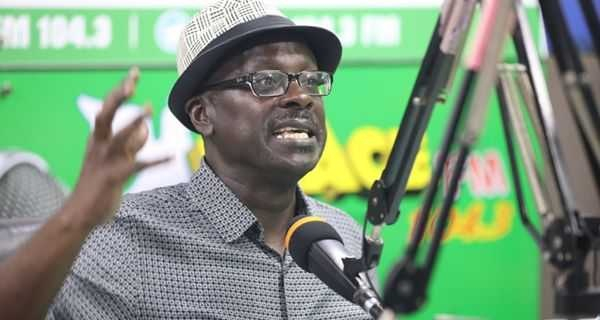Private legal practitioner, Professor Stephen Kwaku Asare, has called for clarification from the Office of the Attorney General regarding its decision to drop charges against Dr Kwabena Duffuor and seven others.
This followed the recovery of over 60% of the funds allegedly lost through the collapse of uniBank Ghana Limited.
Kwaku Azar, as he is affectionately known, acknowledged the AG’s decision to exercise discretion under Article 88, but emphasised the need for greater clarity on the issue.
He asserted that such transparency would foster public trust and strengthen confidence in the government’s commitment to accountability.
“While GOGO acknowledges the Attorney General’s constitutional discretion under Article 88 and appreciate the effort to provide some justification, we respectfully seek further clarification to foster transparency and public confidence in the process, especially in a matter of such national significance,” he said in a July 22, 2025, post on Facebook.
On the matter of legalities and procedures surrounding the entry of a nolle prosequi, Azar questioned whether the asset recovery settlement had been conducted under court supervision and if a subsequent judicial order had endorsed both the recovery terms and the decision to discontinue the case.
“Is this decision grounded in Section 35 of the Courts Act, 1993 (Act 459)? If so, was a court-supervised settlement undertaken, and is there a corresponding court order approving the terms of recovery and discontinuance, as the law requires?” he quizzed.
Azar also questioned whether relevant state agencies collaborated in determining the 60% recovery threshold, how the figure was verified, and whether interest rates and the time value of money were considered in the evaluation.
“Who are the ‘relevant state agencies’ that collaborated in determining and verifying the 60% recovery threshold? How was the 60% recovery threshold determined? What methodology was used to value the losses and the recoveries? Were interest and time value of money principles taken into account? Was this threshold applied uniformly across similar prosecutions? When and how was the recovery threshold met? Were recoveries made in cash, assets, or undertakings? What mechanisms are in place to ensure the recoveries are secured and irreversible?
“How prolonged were the negotiations? Over what period did these discussions occur? Were they conducted transparently, and were the Auditor-General or any external auditors, civil society observers, or victims consulted? Will Parliament be apprised of the full terms of the settlement and recovery? In the interest of democratic oversight, will details of the agreement, valuations, and benchmarks be shared with the relevant committees?” he added.
Azar reiterated the importance of transparency in national matters, stressing that such issues must not be shrouded in secrecy.
He underscored the need for full disclosure, judicial supervision, and consistent procedures in future cases.




